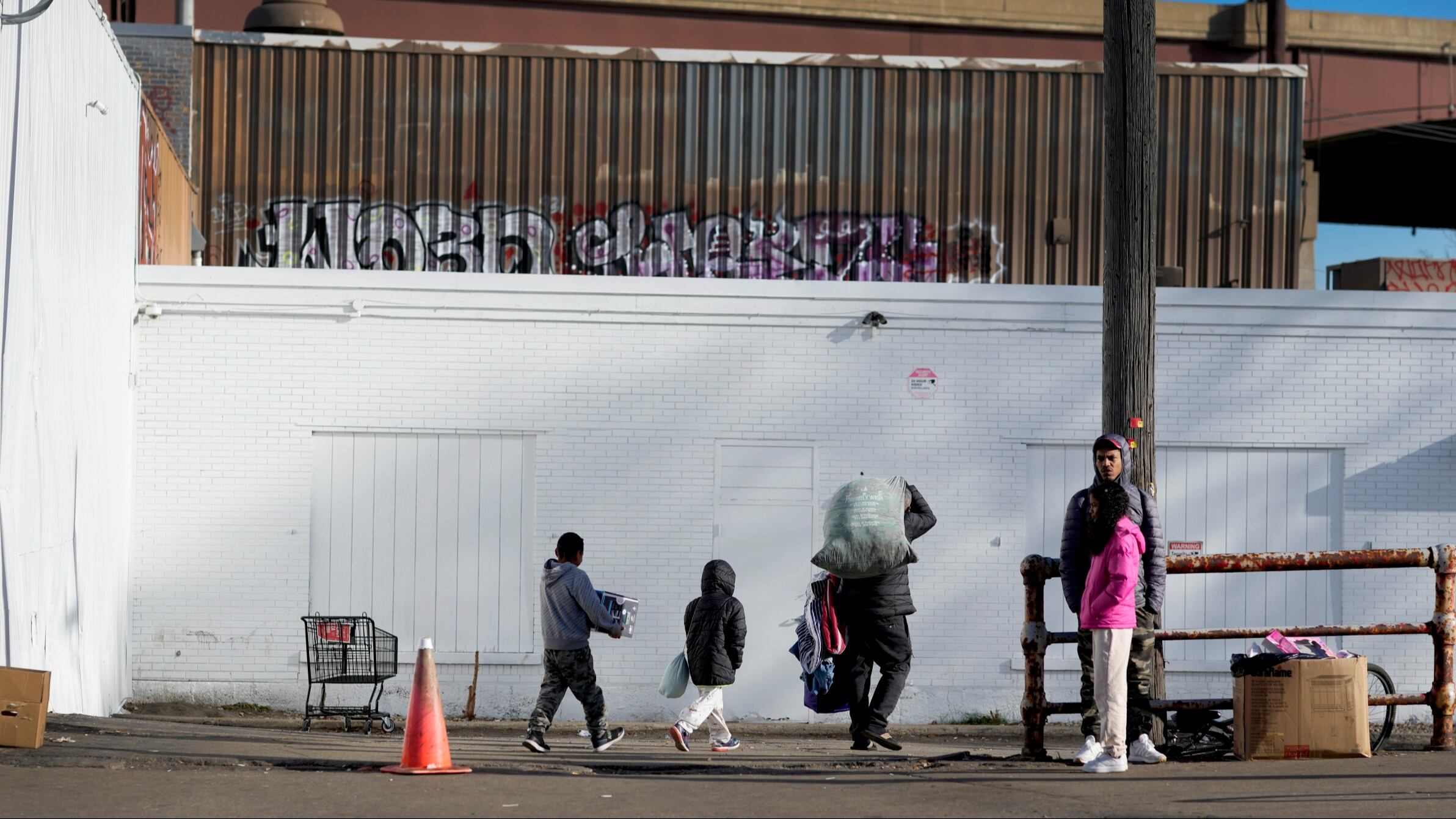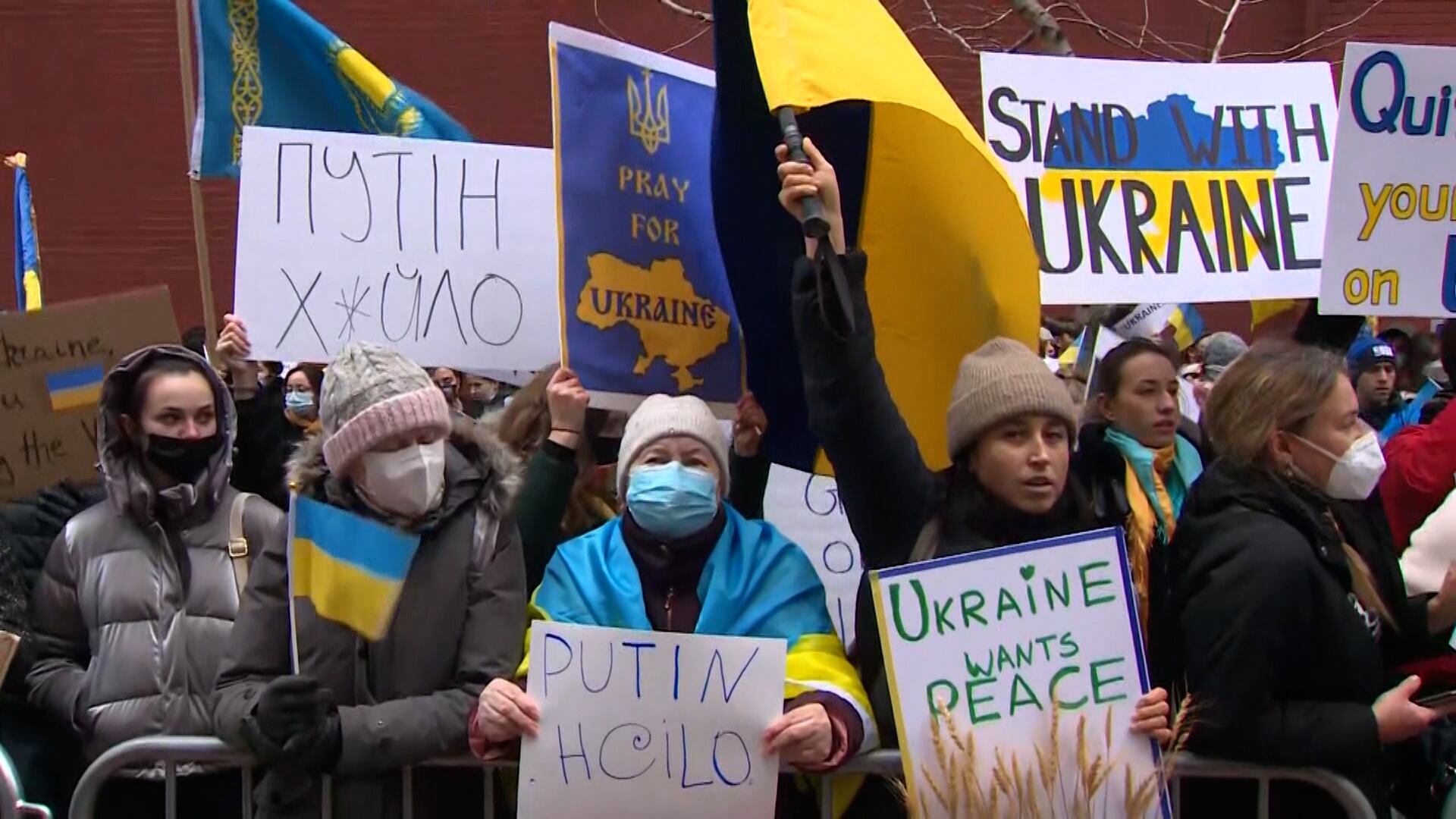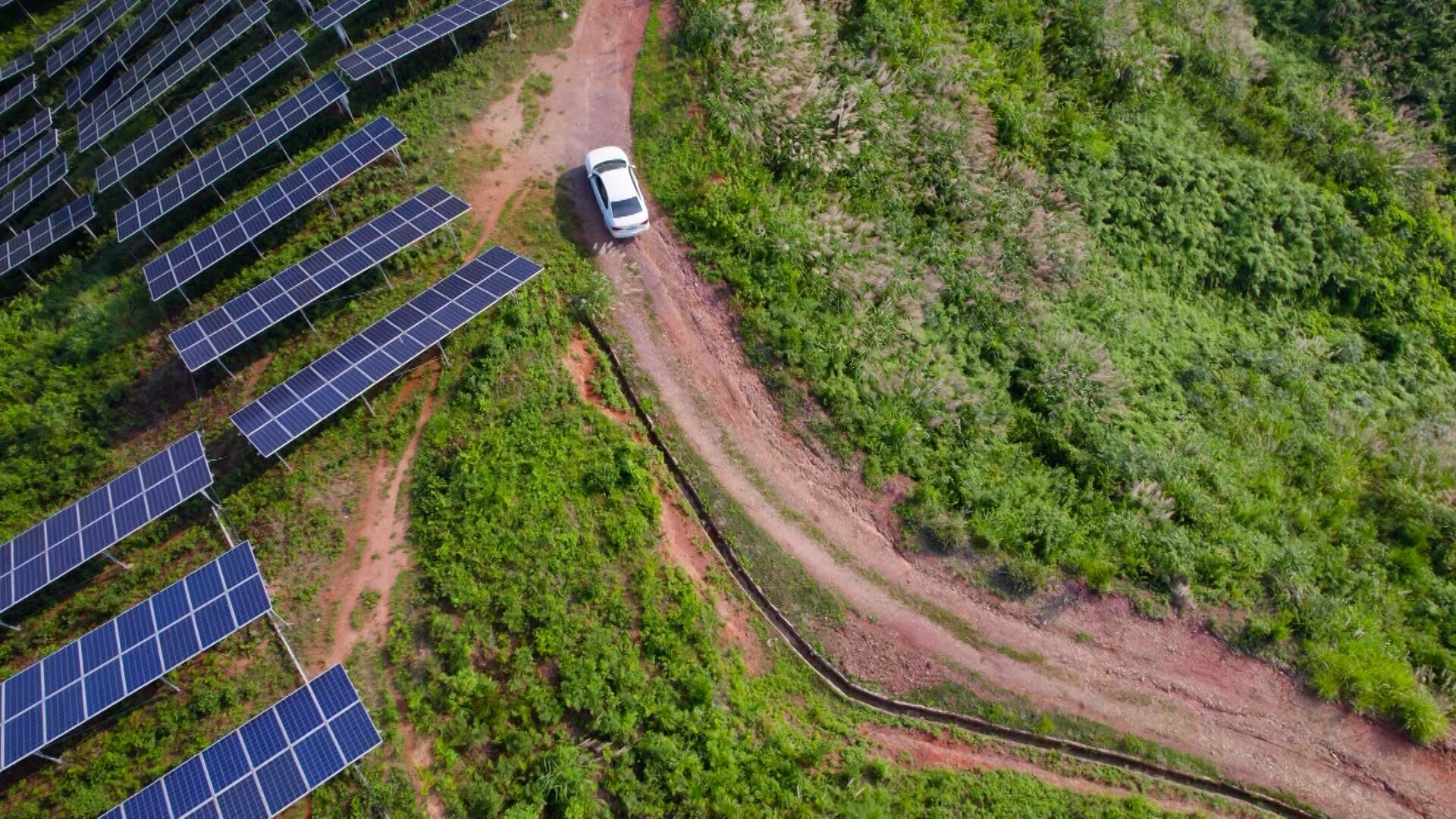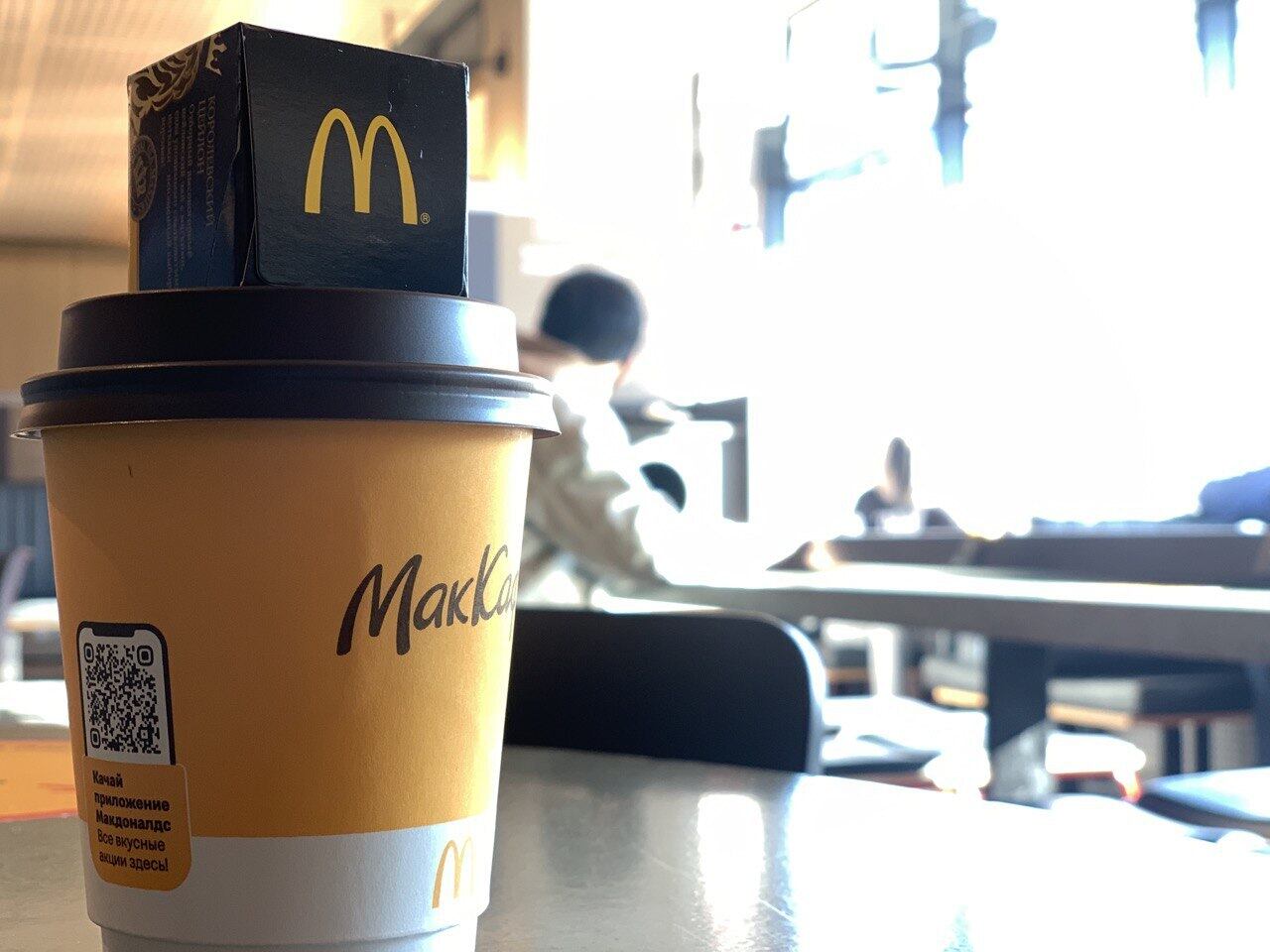By Sophia Tareen and Claire Savage
The death of a 5-year-old migrant boy and reported illnesses in other children living at a warehouse retrofitted as a shelter has raised fresh concerns about the living conditions and medical care provided for asylum-seekers arriving in Chicago.
Medical professionals have worried for months about the disjointed healthcare system, saying new arrivals in the U.S. face numerous health issues. For many, the problems are either related to their journey, including trauma, or from living in crowded group settings where infections spread easily and quickly.
Five-year-old Jean Carlos Martinez was a resident at a shelter in Chicago’s Pilsen neighborhood when he suffered a medical emergency, then died shortly after arriving at Comer Children’s Hospital on Sunday afternoon, the city said. Six more people living in the shelter — four children and two adults — were hospitalized this week, according to Chicago Fire Department spokesperson Larry Langford.
All had been living in the same shelter as Martinez. The cause of death was still “pending” on Tuesday, according to Cook County medical examiner records.
Illnesses including small outbreaks of chicken pox and hand foot and mouth disease have spread through some Chicago shelters where people sleep on cots close to each other. Area doctors are growing increasingly worried about RSV and COVID-19 this winter.
“These are hard environments for people to rest and feel good and be able to take care of themselves,” said Dr. Evelyn Figueroa, who recently toured the shelter where the boy was living. She runs a nearby food pantry and has spent most of her medical career working with homeless, immigrant and low-income populations.
About 2,300 people are staying at the shelter, a former warehouse near downtown. The space has about 10 isolation rooms for when people get sick, according to Figueroa.
Questions about the environment for migrants come as Chicago is winding down its much-maligned practice of using police stations and airports for temporarily housing migrants arriving in the city. However, its use of shelters — which range from park district field houses to commercial spaces — have prompted equal criticism.
Residents have complained of faulty heat, water leaks, expired food and crowded conditions that are closed to the public, including reporters and some volunteers who were critical in providing medical care at police stations.
More than 26,000 migrants have arrived in Chicago over the past year by bus and plane with about 14,000 currently in shelters. Roughly 10,000 have been resettled into their own places, which is the city’s ultimate goal. Chicago recently instituted a 60-day limit for shelters, with the first batch of evictions taking effect next month.
In another setback earlier this month, Gov. J.B. Pritzker’s administration announced that it is scrapping plans for a temporary winter camp for migrants in the city's Brighton Park neighborhood on the southwest side, citing the risk of contaminants at the former industrial site.
Some medical professionals worry that more migrants will end up back at police stations or on the street.
“We are going to be needed again very shortly,” said Sara Izquierdo, a medical student at the University of Illinois Chicago, who organized teams of medics to provide free care at police stations.
She and others argue that the city hasn’t done enough to provide basic care.
The city has pointed to its partnership with Cook County, which set up a clinic exclusively for migrants last year on the city’s northwest side. As many as 100 patients are seen per day for vaccines, routine health concerns like rashes, and referrals for dental care or mental health issues.
City officials have not responded to requests for comment, including messages left Tuesday, on whether the conditions at the shelter played a role in the child’s death.
Mayor Brandon Johnson told reporters Monday that “the conditions in which people are arriving in Chicago are quite disturbing,” he said. “People are showing up in very extreme circumstances. Very very unhealthy.”
He cited Texas Gov. Greg Abbott's practice of busing migrants to northern cities without notice and migrants' strenuous, perilous journeys from their home countries as reasons for the health issues shelter residents are facing.
“They're just dropping off people anywhere. Do you understand how raggedy and how evil that is?” Johnson said.
He said the city officials are "providing support to the family and are still gathering information on this tragedy,” in an emailed statement Monday.
The shelters are run by a private staffing company, Favorite Healthcare Staffing, which city officials have said provides some basic medical care and calls ambulances. At the Pilsen shelter, one Chicago organization has helped with medical care a few hours a week.
The city has spent about $94 million for Favorite Healthcare’s services — nearly 70% of its total spending, despite critics’ claims that Favorite’s costs are exorbitant and shelter conditions and resident treatment are poor. The company, which staffs the shelter where Martinez had lived, said they are working with the city and other authorities to investigate the incident.
“We are heartbroken to learn of the death of a child at a Pilsen shelter on Sunday, and we send our deepest condolences to his loved ones and community. We take the safety and wellbeing of all shelter residents seriously,” Vice President Keenan Driver said in an emailed statement.
The Chicago Department of Public Health said Tuesday that it is participating in the city’s investigation of Martinez’s death.
A vigil for the child and family is scheduled for Wednesday evening.
Savage is a corps member for the Associated Press/Report for America Statehouse News Initiative. Report for America is a nonprofit national service program that places journalists in local newsrooms to report on undercovered issues.













